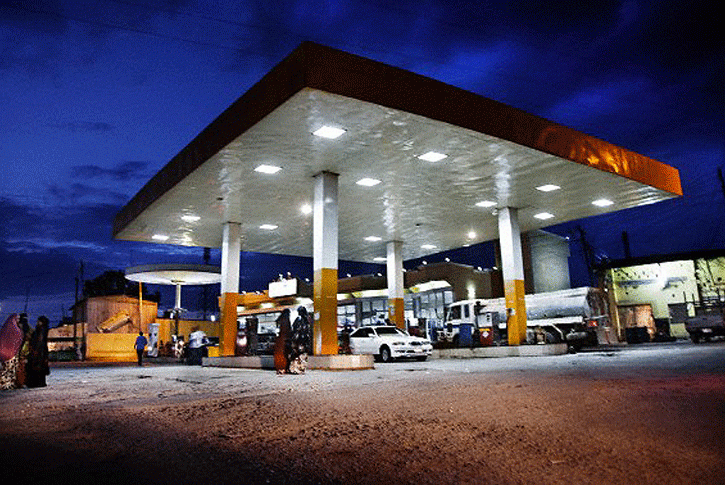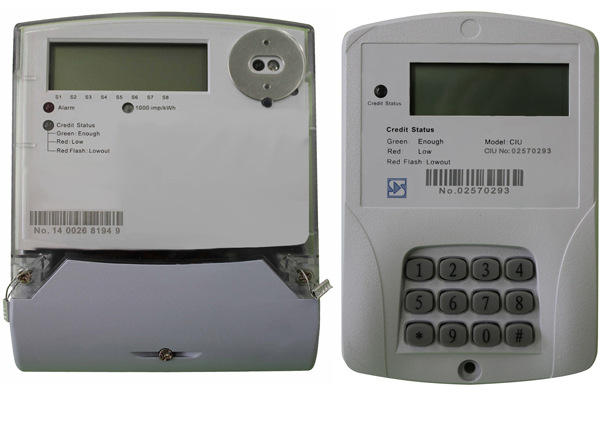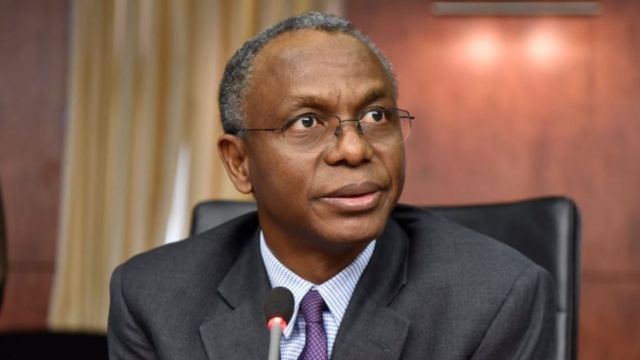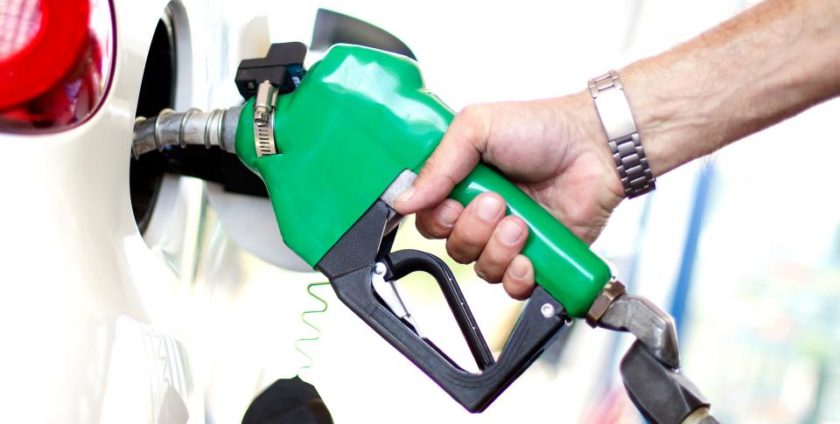NNPC, Finance Ministry, W-Bank To Determine Nigeria’s Actual Fuel Consumption
Nigerian National Petroleum Corporation, NNPC, Wednesday, disclosed that it had been mandated by National Executive Council, NEC, to work with the Ministry of Finance to determine the actual daily consumption of Premium Motor Spirit, PMS, also known as petrol, in the country.
The NNPC also stated that irrespective of the current high cost of fuel import, the country’s refineries were currently selling PMS at N103 per litre.
Speaking at Nigerian Oil and Gas Conference and Exhibition in Abuja, Chief Operating Officer, Downstream of the NNPC, Mr. Henry Obih, also stated that the NNPC was partnering with the World Bank to progress in a study on Nigeria’s actual consumption.
Obih, who was responding to questions on Nigeria’s current daily fuel consumption figure, noted that the country’s daily fuel consumption was currently not known because of a number of factors, ranging from smuggling to the various consumption pattern of the commodity among Nigerians.
He said: “We are presently in a joint project with the Federal Ministry of Finance.
‘We are doing a study around consumption, to determine the actual consumption by the people.
‘We have to determine what we call the daily load out or the evacuation, as against the actual consumption; what people go to the pump everyday to buy for their cars, for their generators at home and for other uses of PMS.”
However, he stated that in terms of daily truck out from depots around the country and in terms of the records of the Petroleum Product Pricing Regulatory Agency and the Department of Petroleum Resources, DPR, the NNPC trucked out 48 million litres daily in 2016 and 50 million litres in 2017.
Obih said: “This is why the National Economic Council has mandated that we work with the Federal Ministry of Finance. We also have meeting with the World Bank about six weeks ago, and we are trying to progress in a global study that would help us get around the actual numbers of what we consume in Nigeria.
“But again, one significant challenge is the fact that we have cross-border smuggling. Nigeria remains the cheapest source of PMS in the West African sub-region. All our neighbouring countries are selling at over 200 per cent high of the price that we pay at the pump.”
Obih further lamented that there is a mafia living and feeding on a critical segment of the country’s pipeline network, noting, however, that the NNPC was investing in the repair of major pipeline across the country.
He said: “We have challenges in the pipelines that run through land, specifically, the System 2B for instance; the one that runs around Lagos. It remains a big challenge, because there is a mafia that lives and feeds on those pipelines.”
Refineries’ ex-depot price Also speaking, Chief Executive Officer, Downstream, Mr. Anibor Kragha, stated that the country’s refineries were currently producing, though in little quantity, noting that the ex-depot price for products from the refineries stood at N103 per litre.
He also stated that the NNPC had held discussions with global energy information company, Platts, with the latter hinting that when Nigeria’s refineries as well as the private refineries come on stream, it would develop a West African Refining Pricing for products coming from the region.
He said: “What is heartening this year is that we can, at least say that in a couple of the areas, we can see attempt to address them. For as long as I have been in this industry, we have been discussing cash call as a never-ending issue.
“I think we were able to sit down together as an industry and government to try and tackle that issue and we should not underrate the importance of that. “What is of significant today is that argument is off the table. For the first time, we finished a year without NNPC owing cash calls. That just essentially opens up the appetite.”
“What that has done is that it opens up the appetite to have a conversation about investment. Nigeria is competing for capital with every other country in the world and sometimes we forget that and think that we are world unto ourselves, but the reality is that each of these companies operate in 20, 30, 80 countries and people are competing for capital.
“The whole JV process, we all need to put our hands on the plough to ensure it does not derail. We cannot take it for granted that we have a funding structure that works and assume it will continue to work.




